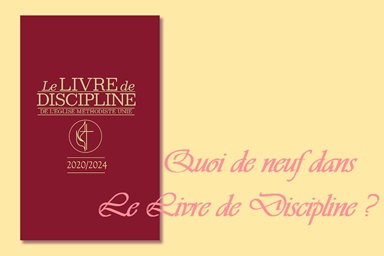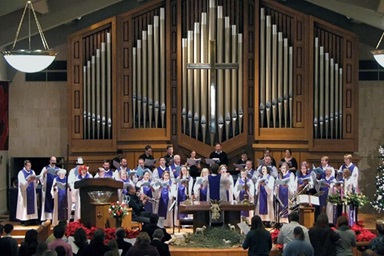Could you explain the plans of the Commission on a Way Forward and the Council of Bishops recommendation?
The Council of Bishops considered three plans developed by the Commission on a Way Forward. The Council of Bishops has indicated its majority recommendation for the One Church Plan, which could allow for different approaches in different places. Their report to the special called 2019 General Conference will also include information about the other two plans.
One Church Plan (recommended): The one-church model would allow different United Methodists in different places to make different decisions regarding ministry with or by LGBTQ persons rather than maintaining a single standard that operates everywhere throughout the worldwide church. This plan would remove restrictive language from the Book of Discipline and give conferences, churches and pastors the flexibility to “uniquely reach their missional context in relation to human sexuality without changing the connectional nature of The United Methodist Church."
United Methodists in central conferences in Africa, Asia and Europe would retain the authority to adapt the Book of Discipline and could continue to include their traditional language and values.
This plan would also protect the rights of United Methodists whose theological convictions will not allow them to perform same-sex weddings or ordain LGBTQ people.
Traditionalist Plan: This plan would affirm the current language about homosexuality in the Book of Discipline and seek to strengthen enforcement for violations of church law.
Connectional-Conference Plan: This plan would create three connectional conferences based on theology or perspective, each having clearly defined values (accountability, contextualization and justice). The three connectional conferences would function throughout the worldwide church and the five existing U.S. jurisdictions would be abolished.
Adaptations to the Book of Discipline would be allowed by each connectional conference. Annual conferences would determine their affiliation with a connectional conference. Local churches who choose a branch other than the one chosen by their annual conference could vote to join another conference. This plan would require multiple amendments to the denomination’s constitution.
The full report and legislation will be available following translation into the official languages of the General Conference. The estimated release date is July 8, 2018.
The 2019 General Conference will receive the report and legislation and make decisions about whether or how to change our current connectional relationships.
Have questions? Ask the UMC. And check out other recent Q&As.
This content was produced by Ask The UMC, a ministry of United Methodist Communications.
First published May 15, 2018.
Like what you're reading? Support the ministry of UM News! Your support ensures the latest denominational news, dynamic stories and informative articles will continue to connect our global community. Make a tax-deductible donation at ResourceUMC.org/GiveUMCom.




